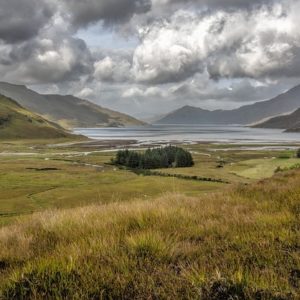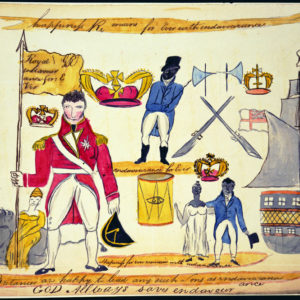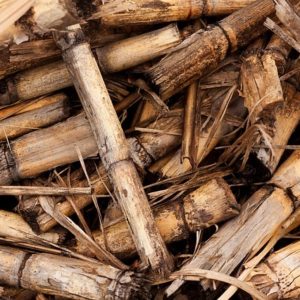The Columbian Exchange
The Columbian Exchange — the interchange of plants, animals, disease, and technology sparked by Columbus’s voyages to the New World — marked a critical point in history. It allowed ecologies and cultures that had previously been separated by oceans to mix in new and unpredictable ways. It was an interconnected web of events with immediate … Continued





